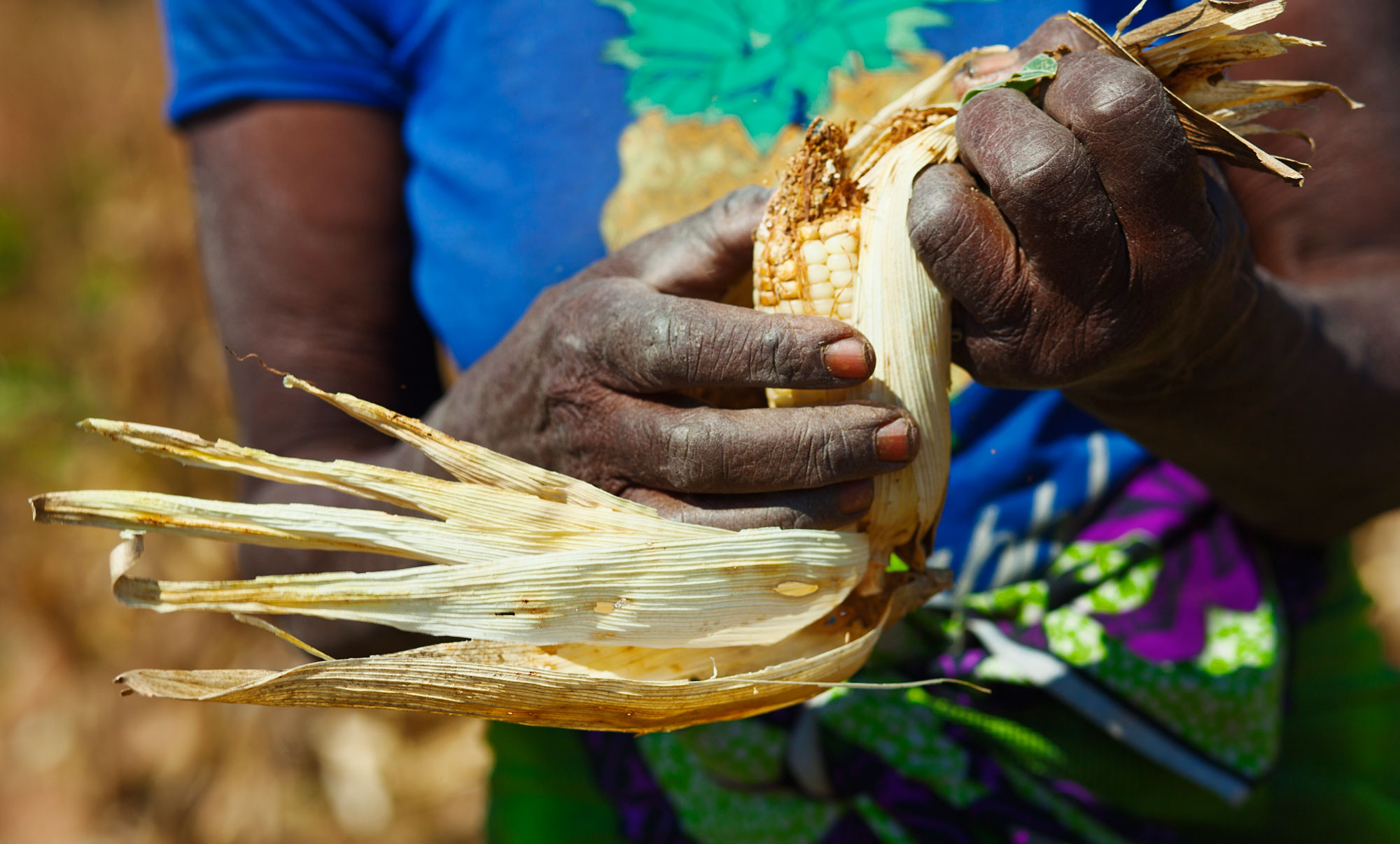The health crisis is hitting the strongest economies and democratic systems. Thousands of families have run out of income and it seems that the road back to “normality” and long-awaited recovery will be long and full of uncertainties.
But what’s going to happen to the most vulnerable population? Millions of people live in countries where the health system is poor, lacks social coverage, and do not have the financial resources to deal with the crisis. Many places faced food, health, and employment issues even before COVID-19. The questions about the future asked by families in these countries today remain the same as yesterday, but unfortunately, the answers are now much more complex and difficult to find.
Hundreds of small producers with the same goal of filling their pantries
The goal of #NoEmptyPantry is to fill families’ pantries for a couple of weeks, making sure they are never empty again. With your help, vulnerable families can continue to focus on their jobs knowing that their families are being fed, mitigating the long-term effects of COVID-19.
Our goals

Multiply mass awareness campaigns in rural communities to prevent COVID-19 from spreading. ![]()
![]() Increase the number of microcredits that guarantee more liquidity to families, intended for necessities.
Increase the number of microcredits that guarantee more liquidity to families, intended for necessities.

Provide basic grains, fertilizers, and technical assistance to guarantee the next harvests of the farmers.
How are we battling food insecurity in the face of COVID-19?
The income of the families participating in our projects depends fundamentally on their daily work. They live up-to-date and have virtually no savings. The slowing of economic activity has jeopardized their ability to buy food, medicines, and access to other basic services, such as light and water. In addition, in rural areas, as an effect of the emergency and lack of supply, the prices of basic products (seeds, flour, salt, milk, as well as hygiene products, etc.) are rising.
To prepare rural populations to have the essentials during this global pandemic, CODESPA has begun to provide liquidity through the cooperatives and savings groups with which we work. We are investing 80,000 euros, through interest-free loans, in families that need emergency expenses and food purchases. They will be able to acquire the necessary means for agriculture, like seeds, tools, and fertilizers. More than 80,000 families will have access to these credits aimed at filling their food pantries and making them food-independent.
Our commitment so that no pantry is left empty
The value of information
Our field teams are explaining adequate disease prevention, hygiene, and social distancing. Having limited our physical presence, CODESPA is using other forms of communication with families, like SMS sending platforms (EMILPA), Whatsapp, and radio broadcasts in indigenous languages.
Almost 4,000 people have already received information related to the health emergency and on the evolution of the situation (curfew, market schedules, etc.). We also disclose government aid programs and how to access them through their municipalities.
Join the #ningunadespensavacía challenge
Access to essential food and goods is 100% indispensable for families. Our goal is to achieve 50,000 euros more to meet the needs of families in the coming months. Your donation is vital to ensure that no pantries are empty.
Donate!
CODESPA’s mission is to stand by those people who need it most, to understand the social challenges that arise from this situation, and to propose solutions adapted to the circumstances in which they live. Today, more than 80,000 people benefit from the foundation’s work by participating in its projects, which take place mainly in rural environments in Latin America, Africa, and Asia. All these people are being affected by COVID-19, whose impact is felt in their homes and productive activities.
According to World Bank data, COVID-19 is likely to cause the largest increase in global poverty since 1998, which will drag 49 million people into extreme poverty by 2020.
The World Food Program (WFP) has warned that, as a result of covid-19, 265 million people could be pushed into acute food insecurity , – that is, serious feeding problems – almost doubling last year’s total.



